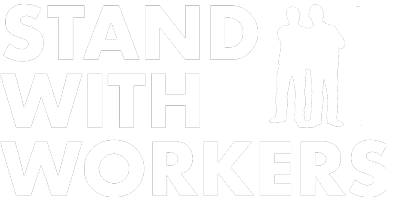January 6 — A northwest suburban school employee is suing his labor union, saying he’s being blocked from opting out of membership despite a landmark Supreme Court ruling last year that barred public unions from requiring government employees to pay dues.
Erich Mandel, a diesel mechanic from Palatine, claims in the suit that he tried in August to end his union membership and cease paying dues in the wake of the June decision by the U.S. Supreme Court in Janus v. AFSCME, a case with Illinois roots that determined public sector workers could no longer be required to pay dues to a union as a condition of employment.
But Mandel’s lawsuit, filed last month in federal court in Chicago, says Service Employees International Union Local 73 continued to collect dues from his paycheck “based solely on a union card that (he) purportedly signed” prior to the Janus ruling, before he had the right to opt out.
The union declined to comment, as did Mandel’s employer, Palatine-based Community Consolidated School District 15, which was also named in the suit. SEIU Local 73 represents more than 29,000 employees in Illinois and Indiana, according to its website.
A September letter from the union said Mandel couldn’t cancel his membership until July, the next authorization date on his union card, according to court documents.
But Mandel’s attorney argues the union card is unenforceable in the wake of the Supreme Court decision.
“When he joined the union, his choices were join the union and pay union dues or not join the union and pay union fair share fees,” said Jeffrey Schwab of the Liberty Justice Center, which also represented Mark Janus, an Illinois state worker and the plaintiff in the watershed Supreme Court case.
Because of the Janus ruling, Mandel “should have been given the option to pay nothing and not be a member of the union,” Schwab said.

